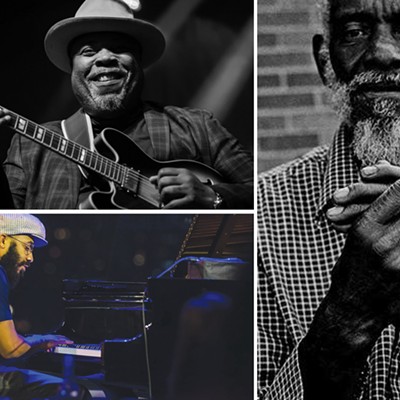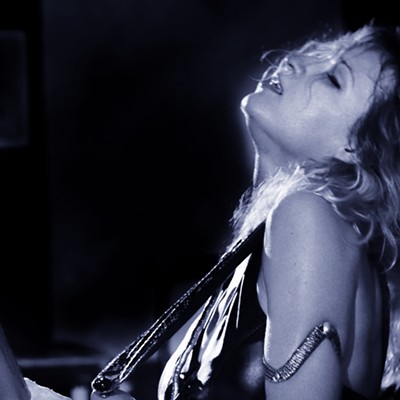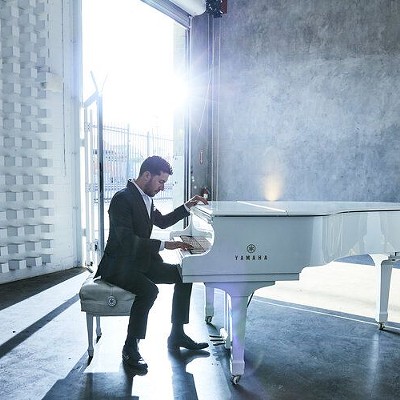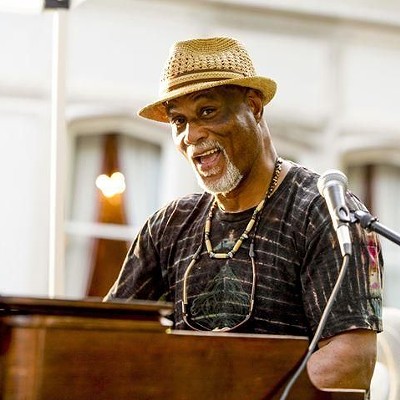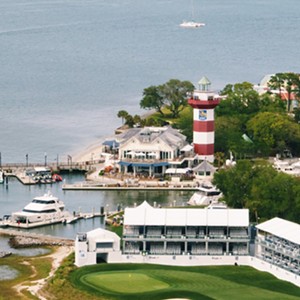THERE IS probably no wiser or more prudent taxpayer investment than the arts.
The payback society gets from funding the arts and culture vastly outstrips the laughably small relative amount of funding they receive even in the best of times.
For example, for the cost of the two new traffic unit vehicles that Savannah-Chatham Metro Police are set to receive next year, a small local arts organization can bring an entire year of enriching cultural programming to a diverse audience.
The arts lead to more informed, more empathetic, and more competent citizens.
If bang for your taxpayer buck is what you want, the arts should be at the top of our list. But they usually aren’t.
In the wake of last week’s shock announcement of a pending $200,000 cut in City grants to local arts and culture organizations — I wrote a larger piece about it also in this issue — let’s drill down into how local arts funding is awarded.
Let’s also examine how it’s the smaller, more grassroots organizations which are most threatened by funding cuts.
First, it’s important to understand that taxpayer funding for the arts is by no means mandatory. The City of Savannah isn’t obliged to spend one thin dime on the arts if the voters decide it’s not a priority.
The City quite rightly and responsibly expects cultural organizations to diversify their funding streams and not be overly reliant on taxpayer largesse.
Most administrations, however, have seen the value of the investment not only for political purposes, but also because it’s just the right thing to do.
The City of Savannah initially awards arts funding through the Cultural Affairs Commission, an all-volunteer citizen advisory board that is part of the Cultural Affairs Department.
The Commission meets each summer to prioritize the awarding of grants. Some criteria include: Overall impact of the proposed service; diversity of the proposed audience; impact of the service on targeted, underserved groups; previous track record of the cultural organization; and the diversification of its funding stream.
The Cultural Affairs Commission’s awards aren’t binding, but they do generally form the template which the City Manager and City Council use to make and approve the final award amounts to local arts and cultural nonprofits.
I served several terms on the Cultural Affairs Commission during the administration of Mayor Otis Johnson. Despite whatever else I’ve written about his tenure, there is no question that Mayor Johnson was one of the most devoted and sincere friends of arts and culture Savannah has seen in local office.
One year, we awarded nearly a million dollars to local cultural groups. The proposal for 2017’s funding, however, has that amount down to under $565,000.
The most vivid lesson I learned was that even a nominal cut to one of Savannah’s smaller cultural nonprofits can threaten the very survival of that organization.
We quickly saw that, say, a ten percent cut to a small group had much greater impact than a ten percent cut to a larger group with more resources. Sometimes it can be a virtual death sentence.
Most arts groups operate on extremely narrow margins in the best of times. Meanwhile the operating cost of programming generally gets more expensive.
Let’s use the example of the Coastal Jazz Association, which stages the popular and beloved Savannah Jazz Festival.
In the new budget, they “only” got about a $20,000 cut. But for a small, purely volunteer nonprofit like Coastal Jazz, that’s a lot of money.
“It costs more than $20,000 just to pay for the sound system for the Jazz Festival,” says Coastal Jazz Association President Howard Paul.
“And now that’s twenty grand gone in one fell swoop. That’s our safety net for our whole year.”
Like many local arts groups, Coastal Jazz has no paid staff.
“Without a paid executive director it’s already an incredible challenge to keep an organization like this going,” explains Paul, who plays about 150 nights a year as an established jazz musician himself.
In addition to managing Coastal Jazz, Paul is president/CEO of locally-based Benedetto Guitars.
He says, “I also have to travel extensively as part of my regular job, but still end up dedicating a huge amount of time to helping run Coastal Jazz.”
The cruel irony is that Coastal Jazz has been a case study in best practices of how a small nonprofit can overcome adversity.
Just three years ago, the death of local jazz legend Ben Tucker, a major fundraiser and supporter of the Jazz Festival, put the Coastal Jazz Association into a downward spiral.
Many of us saw the writing on the wall that the beloved Jazz Fest would perhaps soon be a thing of the past. But, Coastal Jazz has turned things around.
“We had to reevaluate the number of events we offered. We reduced the outdoor festival to one day,” Paul says.
After a long recovery year in 2015, this September’s edition of the Jazz Fest signaled a return to full form for the event.
“2016 was a really important comeback year for us,” says Paul. “We had one of the strongest and most well-attended festivals we’ve had in years.”
Paul says before learning about the cuts, “My goal for 2017 was to use the success of 2016 to continue to build up the organization and make the Festival even better.”
Now, all that is in jeopardy.
“We’re not going to panic or point fingers,” concludes Paul.
“We’re going to try and appeal this decision in whatever ways are available. Whatever happens, we will meet and take a realistic course to move forward.”

